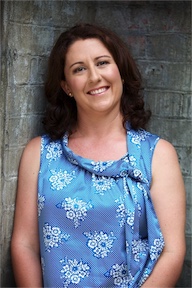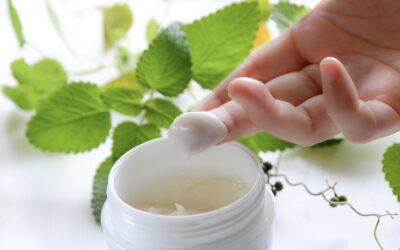Herbal medicine
Herbs as medicine
Plants have been our allies in health for thousands of years. Every culture has a history of using plants to both treat and prevent illness.
Tradition backed by science
Many of the traditional uses of herbs are now validated by modern scientific research. Some of the most well known include St John’s wort for mild to moderate depression and turmeric for osteoarthritis.
Everyday herbal medicine
The most basic form of herbal medicine is one you probably use every day in your food. Culinary herbs such as garlic, cinnamon, peppermint
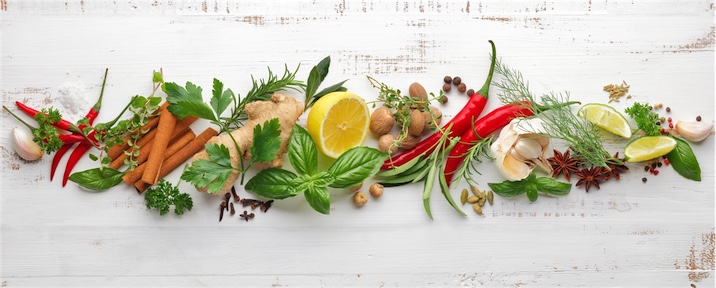
Does herbal medicine work?
Yes, in the appropriate context. It can be used to treat a wide variety of conditions either on its own or to support conventional health care treatments. Always check with your health care professional as some herbs can interact with pharmaceutical medications. Herbal medicine is generally not appropriate for anything you would need to attend an emergency room at your local hospital.
What conditions can it treat?
Herbal medicine can treat acute conditions like colds and flu, period pain, urinary tract infections, bruising and grazes.
It can also be used to support chronic conditions such as anxiety, IBS, migraines, insomnia, acne, polycystic ovarian syndrome, blood pressure and many more.
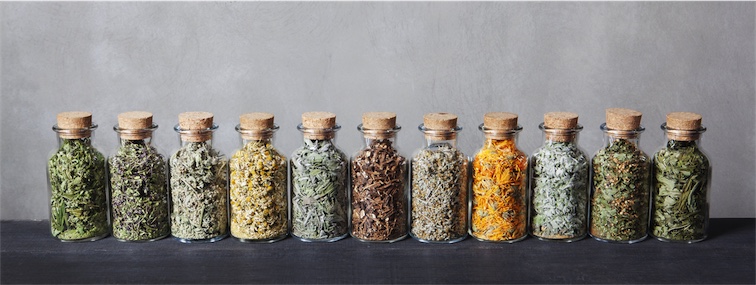
Getting results with herbal medicine
Use a quality product
Unfortunately, the popularity of herbal medicine has a downside. Some unscrupulous manufacturers substitute cheaper herbs for more expensive ones. This means the product is ineffective, or, even worse potentially dangerous.
I source my herbal products from reputable Australian suppliers who have to comply with the good manufacturing practice guidelines of the Australian Therapeutic Goods Association. This means I can be confident of the quality and efficacy of the products I prescribe.
The right dose
Ever taken a product herbal product purchased at the supermarket and been less than impressed with the results? Perhaps it was because the dose was not appropriate for your needs. Likewise, some herbs have a very narrow dose range and can be harmful if taken in excess.
Working with a qualified herbalist/Naturopath allows them to assess your condition and prescribe the correct therapeutic dose.
The right herb
Herbs have hundreds of active constituents and it’s important to work with someone who has a deep knowledge of how they work in order to get the herb that matches both your symptoms and your physiology.
For example, Rhodiola and Ashwagandha are both adaptogenic herbs used to help reduce the effects of stress. However, Rhodiola can be stimulating whereas Ashwagandha is more relaxing. The art of herbalism is matching the personality of the herb with the personality of the patient!

How do I use herbal medicine?
Let me count the ways!
I see herbs as a bridge to help you get over the bumpy bits on the beginning of your health journey. This allows time and space to work on the more permanent diet and lifestyle changes.
Herbs have hundreds of active plant chemicals. They are complex, yet gentle medicines which help rebalance and restore your body.
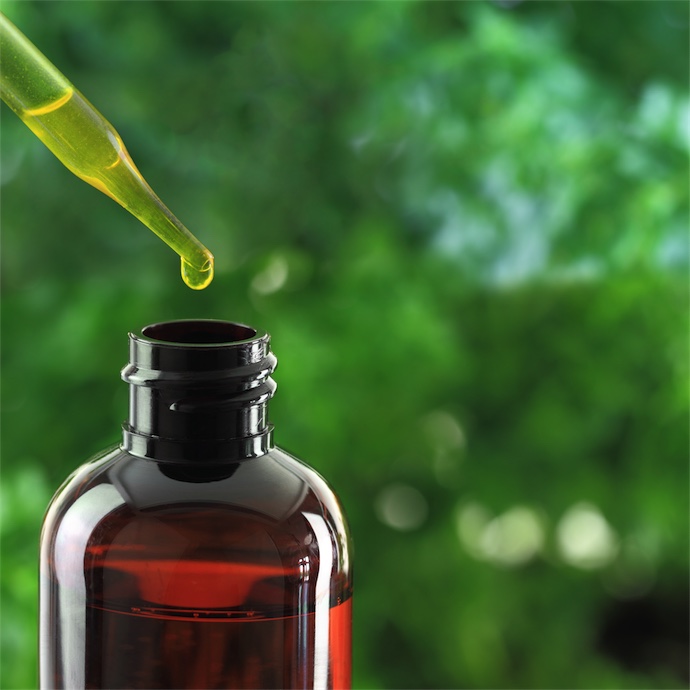
Liquid herbs
I use liquid herbs extensively in clinical practice because not only are they effective they also allow very flexible prescribing.
A herbal formulation is tailored for your specific needs and dosing can easily be adjusted. Herbs can be taken internally or used topically in washes, creams and sprays.
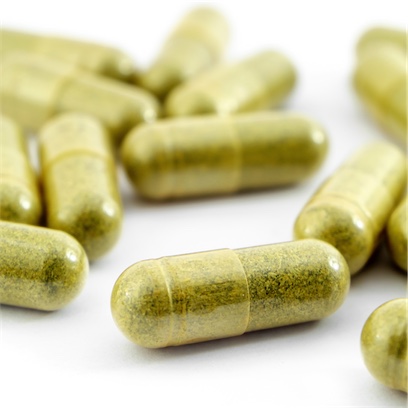
Tablets and capsules
I also use herbs in premade tablets and capsules for those herbs that either don’t work well as a liquid or for those who prefer this method of dosing.
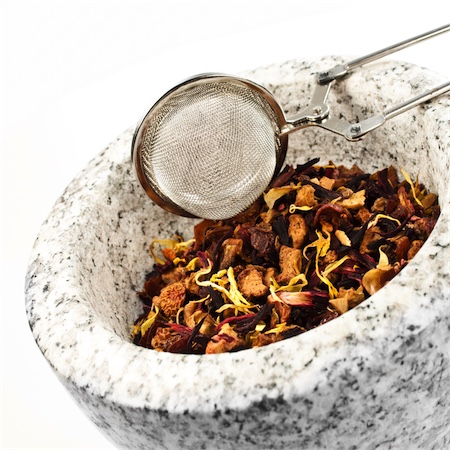
Dried herbs
A cup of herbal tea (infusion) is one of the easiest and most cost effective ways to use herbal medicine. Infusions and decotions can be used as nasal rinses, wound washes, bath soaks and as a base for syrups and medicinal gummies.
Using herbal medicine for your health
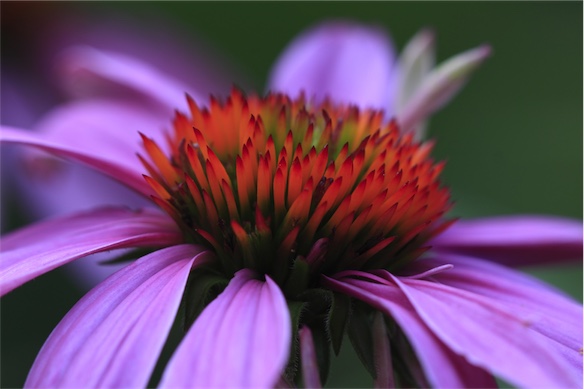
Immune Health
High potency liquid extracts are used for their bioavailability with rapid absorption of the active phytochemicals (up to 40% more than tablets/capsules). Because we blend them in our Stones Corner herbal dispensary, we customise each mix for the person and their symptoms making them more targeted and effective than standardised tablet formulations. Liquid extracts allow us to use herbs which are often not found in commercial formulations. The dispensary currently has over 50 different herbs to support immune health.
Frequently Asked Questions (FAQ)
Here are some of my most frequently asked questions relating to herbal medicine. Not answered here? Head on over
How much does an appointment cost?
My current consultation fees can be found on my book a
Is herbal medicine safe?
People often think that because herbal medicine is from plants it must be 100% safe. Herbal medicine does have a low incidence of adverse reactions. However, you should always seek
Do you work with essential oils?
No, I am not trained in aromatherapy so I am not able to offer essential oils in my treatments.
Are you ready for better health?
Let’s get started.
I'm Norelle Hentschel.
I'm an experienced Naturopath with a clinic in Stones Corner, Greenslopes Brisbane. I've helped many people improve their health. I'm ready to help you feel better and regain your energy and vitality.
Latest news
Healthy Skin After 40: Naturopathic Tips for Perimenopause
Your skin in perimenopause Skin is vital to both physical and psychological health. In the perimenopause transition, shifting levels of hormones and age-related skin changes can come together to exacerbate existing skin conditions or trigger new skin issues. Although...
Natural treatments for long covid brain fog
The hidden struggle of long covid brain fog Brain fog after long covid isn’t just “feeling a bit tired” or having an off day. It’s a complex and disruptive condition that can linger long after the initial infection has passed. Long covid refers to a...
Topical herbs for psoriasis
Topical herbal medicine for psoriasis Are you looking for a steroid-free option for the topical treatment of psoriasis lesions? Psoriasis is a persistent, chronic inflammatory skin condition which is strongly influenced by the immune system and presents with...

